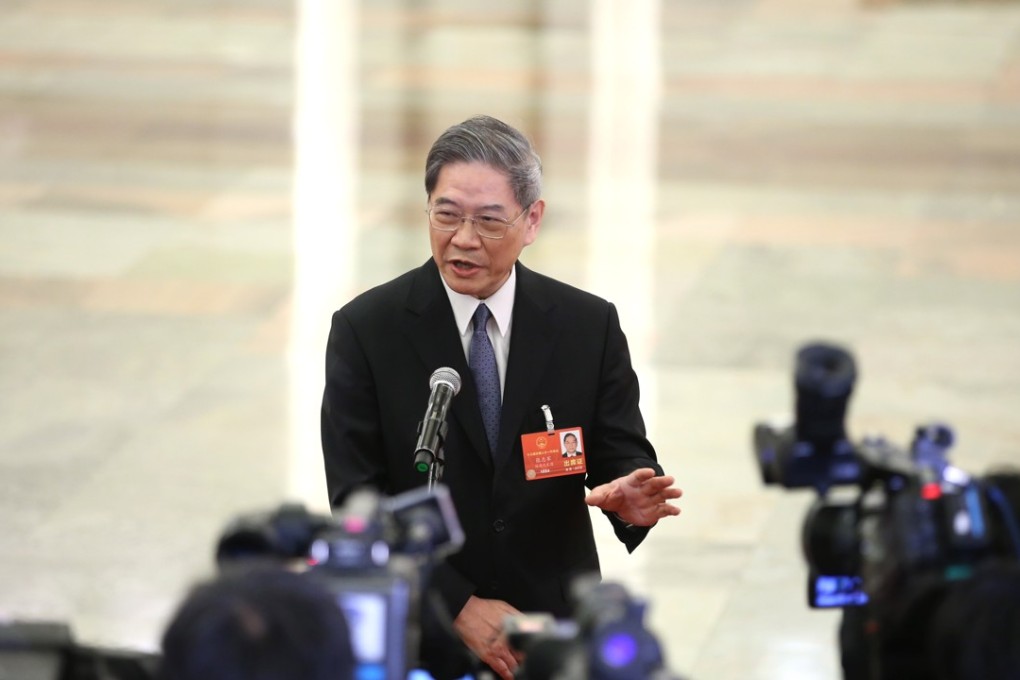Advertisement
Beijing’s new Taiwan policies reveal its plans for greater integration
Sonny Lo says Beijing’s latest sweeteners encouraging more Taiwanese to do business on the mainland show it is already thinking past the current pro-independence government in Taipei and expecting a more conciliatory one in the near future
Reading Time:3 minutes
Why you can trust SCMP
0

On February 28, the Taiwan Office under China’s State Council published 31 new policies on Taiwan. These include preferential treatment for the island’s firms in investment, technological and cooperative ventures with mainland counterparts, and 19 items to help Taiwanese work, live, study, find jobs and initiate innovative start-ups on the mainland. Moreover, Taiwanese can take a variety of professional and technical exams, while the way has been smoothed for Taiwan’s movie industry to collaborate with its mainland counterpart, encouraging cultural exchanges.
The changes are seen as way to allow businesspeople to grasp new opportunities on the mainland, and could be seen as Beijing’s new engagement policy towards Taiwan, with whom relations have deteriorated under Tsai Ing-wen’s presidency. The policy has significant implications.
First and foremost, President Xi Jinping, who honed his political skills from 1985 to 2002 in Fujian province – which faces Taiwan – is keen to deal with the Taiwan question in the coming years, especially as the constitutional revision to presidential term limits gives him more time to tackle this issue.
Second, the new policy package focuses on economic, cultural and educational realms, laying the foundations for dialogue between Beijing and Taipei on a new economic and cultural union in southern China. Given the mainland’s ongoing plans for the Greater Bay Area, Taiwan will be wooed to join this expanded initiative when the time is ripe.
China’s answer to Silicon Valley: too much talk and not enough action, official complains
In particular, if Beijing and Taipei hit a wall in negotiations over reunification, the thorny issue of politics is likely to be put to one side. Given Xi’s focus on realising the “Chinese dream” and a common destiny, the gesture to Taiwan is clear. In the coming years, once the time is right to resume dialogue – such as after a change of power in Taiwan or a dilution of the Democratic Progressive Party’s hardline stance towards Beijing – an economic and cultural union would become realistic.
Advertisement